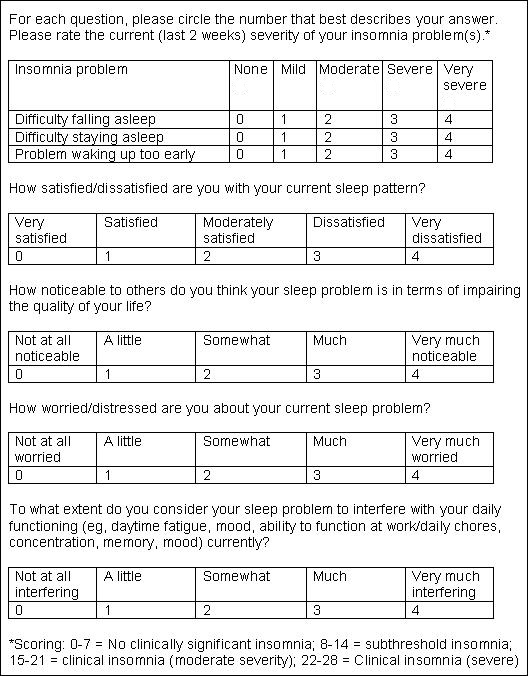

It is of exceptional importance that when ratings in excess of the prescribed minimum ratings are assigned, the diagnostic codes utilized as bases of evaluation be cited, in addition to the codes identifying the diagnoses.Ĩ045 Residuals of traumatic brain injury (TBI): Determinations as to the presence of residuals not capable of objective verification, i.e., headaches, dizziness, fatigability, must be approached on the basis of the diagnosis recorded subjective residuals will be accepted when consistent with the disease and not more likely attributable to other disease or no disease. Note: It is required for the minimum ratings for residuals under diagnostic codes 8000–8025, that there be ascertainable residuals.

At this point, if the residuals have stabilized, the rating will be made on neurological residuals according to symptomatology.
Insomnia va rating code#
Note: The rating in code 8021 will be continued for 2 years following cessation of surgical, chemotherapeutic or other treatment modality. Note: Consider the need for special monthly compensation.Ĩ019 Meningitis, cerebrospinal, epidemic: Note: Rate upon the severity of convulsions, paralysis, visual impairment or psychotic involvement, etc. Rate the vascular conditions under Codes 8007 through 8009, for 6 months Note: The rating in code 8002 will be continued for 2 years following cessation of surgical, chemotherapeutic or other treatment modality. You can receive a VA rating for insomnia by undergoing a Compensation and Pensions (C&P) Examination at a VA clinic, claiming insomnia as a secondary service-connected condition, or proving you had insomnia before your active service and it was aggravated by your time in the military.Organic Diseases of the Central Nervous System Your VA rating for insomnia can be between 0% and 100% depending on the severity of your symptoms and if you can prove the insomnia is service-connected. Your symptoms are persistent and recurring and affect your life, work, and social functioning.Active-duty service or a secondary service-connected disability caused or made your insomnia worse.Your medical records indicate you have been diagnosed with short-term or long-term insomnia.Proving service connection for insomnia means you meet the following criteria: If you can prove, beyond doubt, that your insomnia is service-connected – and not just a bout of sleeplessness – then you can file a claim for a VA rating for insomnia and receive disability benefits. Insomnia can stem from many aspects of life in the military, including harsh living conditions and irregular sleep schedules during active-duty service, extreme stress levels, physical and psychological injuries, and difficulty reintegrating into civilian life after deployment. Research suggests that Veterans can have double or triple insomnia rates compared to non-Veterans. It is not uncommon for Veterans to struggle with insomnia. Treatments for insomnia include changes to your lifestyle habits, keeping a regular sleep schedule, cognitive behavioral therapy, or medication. Your healthcare provider can diagnose insomnia by asking about your sleep habits, having you keep a sleep journal, or having you participate in a sleep study. It can affect concentration and memory and even increase your risk of coronary heart disease, high blood pressure, diabetes, and cancer.Ĭhanges to your environment, schedule, or stress can cause insomnia. Insomnia can interfere with your daily life and work and cause you to feel exhausted during the day. Some other common symptoms of insomnia include: Chronic insomnia occurs three or more nights a week for more than three months and can’t be explained by or viewed as a symptom of another health problem. Veterans can be affected by both short-term and long-term or chronic insomnia. The National Institute of Health (NIH) defines insomnia as a common sleep disorder characterized by trouble falling asleep, staying asleep, or getting quality sleep. According to the National Veteran Sleep Disorder Study, Veterans are especially vulnerable to sleep disorders, with insomnia and sleep apnea being the most prevalent.


 0 kommentar(er)
0 kommentar(er)
